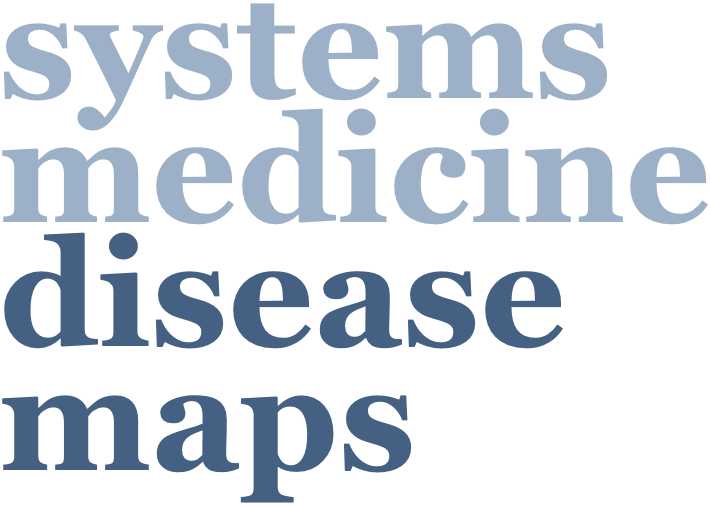
[back to the DMCM’24 Programme]
Title:
Diseases in plants - From knowledge graph to dynamic Boolean modelling
Authors:
Carissa Bleker, Maja Zagorščak, Ziva Ramsak, Andrej Blejec, Kristina Gruden and Anže Županič
Abstract:
The escalating challenges to global food security, driven by a burgeoning human population and the impact of climate change on agriculture, necessitate a sophisticated understanding of plant responses to stressors. Addressing this, our project harnesses systems biology to integrate and analyze the fragmented knowledge of molecular processes within plant cells. We introduce the Stress Knowledge Map (SKM), a comprehensive, openly accessible database constructed on a neo4j platform that amalgamates genes, gene products, complexes, and metabolites through their molecular interactions. This integration facilitates not only the interactive exploration of complex biological networks but also serves as a foundation for advanced modelling techniques.
Given the limitations in capturing detailed kinetics for every interaction in SKM, we employ Boolean networks as a pragmatic approach to model plant stress responses. This methodology circumvents the need for exhaustive mechanistic details by simplifying the system into binary states (“active” or “inactive”) for each node, derived from regulatory influences. Recognizing the inherent limitations of binary states to fully capture the nuances of biological systems, we extend our approach by translating Boolean functions into qualitative ordinary differential equations (ODEs) using various transfor functions.
To support this systems biology framework, we developed BoolDog, a versatile Python package that enables the reading of regulatory and Boolean networks, execution of Boolean simulations and steady state analyses, and transformation of Boolean networks into continuous ODEs for continuous simulations. BoolDog is designed for interoperability and ease of extension, promoting its application in diverse systems biology research contexts.
Through these methodologies, our project advances the understanding of plant stress responses, provided powerful tools for the exploration, analysis, and modeling of complex biological systems that can be utilized in other biotechnological and biomedical fields.